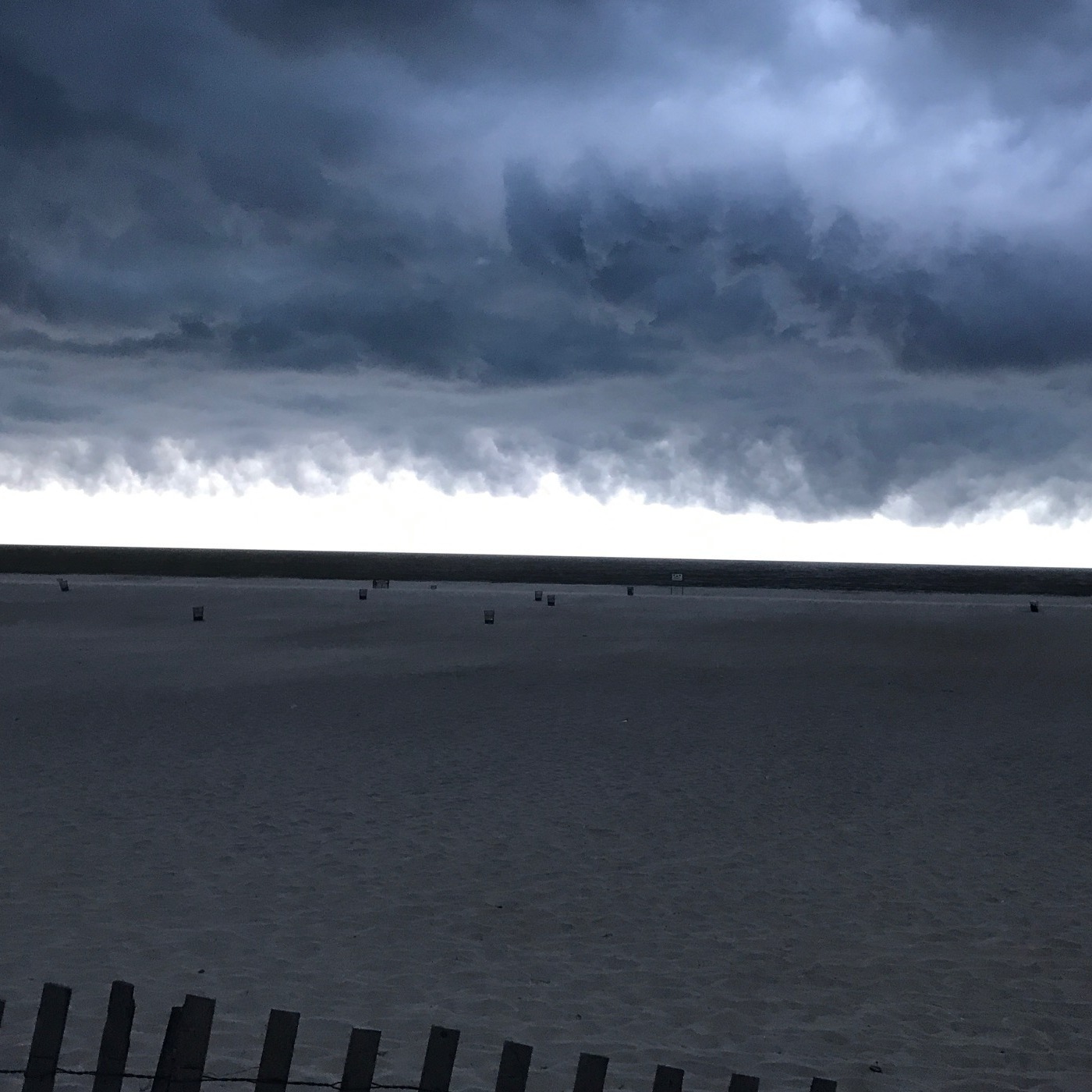Bonus: Interview with LSU History Prof. Alexander Mikaberidze (I of 3) Focus on Kutuzov
This episode is part I of III of my interview with LSU History Professor Alexander Mikaberidze, an expert on the Napoleonic Wars. I'm breaking our interview up into roughly 20 minute segments.
We focus on General Mikhail Kutuzov, who is introduced, in-depth, to War & Peace readers in Book 1 Part 2. Chapter 13 has Prince Andrei taking in the scars Kutuzov suffered from being shot by musket balls in Crimea.
Professor Mikaberidze notes Kutuzov, as a young man, was serving in the Danubian principalities, primarily Romania, and merited the reputation of a brave and capable officer who often led "from the front."
Kutuzov was also known (as a young soldier) to be an unending source of jokes and parodies – the type of person helpful to making military life tolerable. However, during a night of drinking he made fun of a Commander in Chief who did not see any fun in Kutuzov's jest. The incident got Kutuzov transferred from the First Army in Romania to the Second Army in the Crimean peninsula, which was something of a demotion.
In Crimea, in 1774, there was a conflict with the Turks. Part of Kutuzov's unit was ordered to attack an Ottoman fortification. Kutuzov was leading soldiers and wound up on a rock waving his men forward. At this point, he was shot in the head and miraculously avoided death. He was carried off the field and recovered. His convalescence was aided (financially) by Empress Katarina. Kutuzov was able to travel about Europe and received the best medical care in Prussia, Austria and the Dutch Republic. During this time, he met the most influential members of society, including Frederik the Great and various influential Austrians.
Kutuzov escaped death again in the summer of 1788, when we he was shot, once again by Ottomans in Crimea. The projectile went through his left check and came out the right side of his neck. Part of his jaw was shattered.
Prof. Mikaberidze discusses how these incidents may have affected him and Kutuzov’s genuine care for those under his command. The Professor touches on Kutuzov's writings and that to Kutuzov -- being a soldier meant great sacrifice.
Given the nature of Kutuzov's recovery, the famous French doctor who treated him, as well as Kutuzov himself, believed there was a sense of Providence that saved Kutuzov. This view holds Kutuzov was touched by the Almighty and was being prepared for something monumental.
